
Added: 31 March 2025
But the truth is, consistency is probably the most important factor if you're looking to improve your health and fitness in the long term.
Research consistently shows that creating and sticking to regular exercise habits makes a huge difference in achieving health goals. According to a study published in Frontiers in Psychology, regular exercise routines significantly boost overall well-being, helping people manage stress better, sleep deeper, and improve mental health.
Simple strategies to help you stay consistent
Start small
The biggest mistake I see is people trying to do too much, too soon. If you're just getting started, aiming for shorter workouts more often can set you up for success. The University of Rochester Medical Center highlights that starting slowly and gradually increasing your activity level is key to sticking with a routine.
Make it enjoyable
Let's face it, you're more likely to stick with something you actually enjoy. So find activities you genuinely like doing, whether that's walking, cycling, yoga, strength training, or a team sport. Mixing things up also keeps it interesting and prevents boredom from creeping in.
Set realistic goals
Unrealistic goals can quickly lead to frustration and giving up. Research has shown that setting achievable, short-term goals significantly increases the likelihood of maintaining an exercise routine. Celebrate small victories along the way to keep motivation high.
Schedule it in your diary
Treat your workouts as important appointments. Blocking out time specifically for exercise makes it part of your daily routine and helps avoid excuses like being too busy. Research from the National Institutes of Health emphasizes that scheduling workouts helps to create habits, making consistency easier.
Get social support
Exercising with friends or joining group classes can make workouts more enjoyable and increase accountability. Knowing someone else expects you to show up can be a powerful motivator.
Track your progress
Seeing improvement is incredibly motivating. Track your progress through simple methods like keeping a workout diary, using fitness apps, or noting how your mood and energy improve. Positive reinforcement from noticing these changes can greatly enhance your consistency.
Plan for setbacks
No one is perfect, and life will inevitably throw curveballs your way. It's important to expect setbacks and plan how you'll handle them. If you miss a workout, don't beat yourself up—just pick up where you left off and keep moving forward.
Consistency isn't about perfection, it's about commitment
Consistency doesn't mean you have to train every single day or never miss a workout. It's about building habits you can realistically maintain over the long haul. If you're consistent, even small amounts of regular exercise will compound over time, leading to significant benefits for your physical and mental health.
References:
- University of Rochester Medical Center: Making Exercise Stick
- Frontiers in Psychology: Building Consistent Exercise Habits
More Personal Training News

Can eating your way to healthy aging make a BIG DIFFERENCE
When it comes to healthy aging, many people often focus solely on exercise. While staying active is crucial, recent research highlights just how powerful our diet is in determining our health as we age..
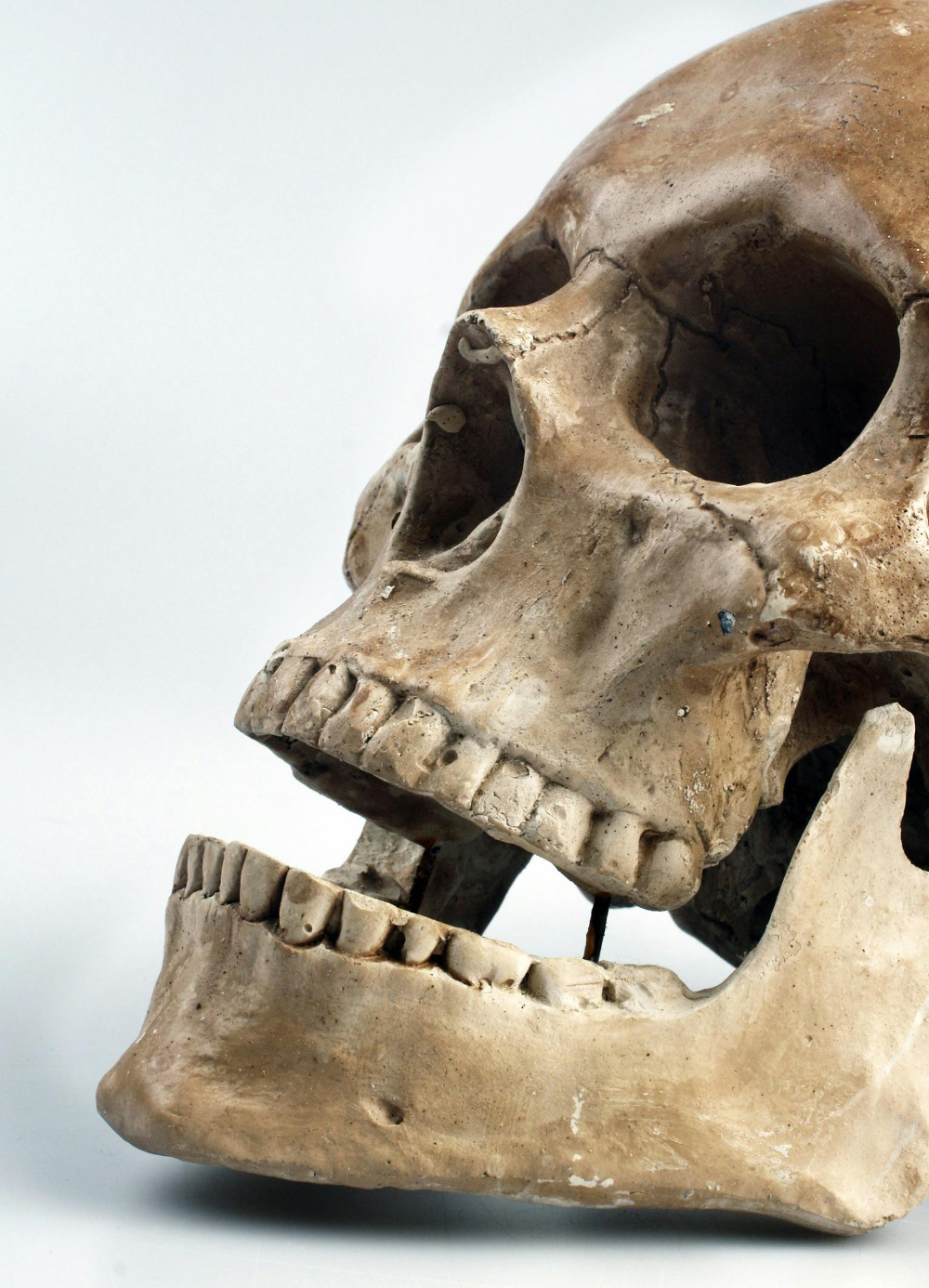
Is Fluoride in the water a helpful fix or just covering the cracks
There’s talk again about adding fluoride to drinking water (this time in Plymouth) as a way to tackle rising levels of tooth decay, especially in children..

Simple Mobility Exercises to Relieve Stiff Joints
If you're spending all day at a desk, you've probably had to put up with creaking joints, cramped muscles, and occasional aches. The bright side?.

How Strength Training helps to Relieve Pain in Knees
Knee pain is infuriating. It can creep up on you over a period of time or hit you after many years of keeping active..

How to manage stress while maintaining good health
Life in a high-pressure job can be demanding, and stress often feels like an unavoidable companion..
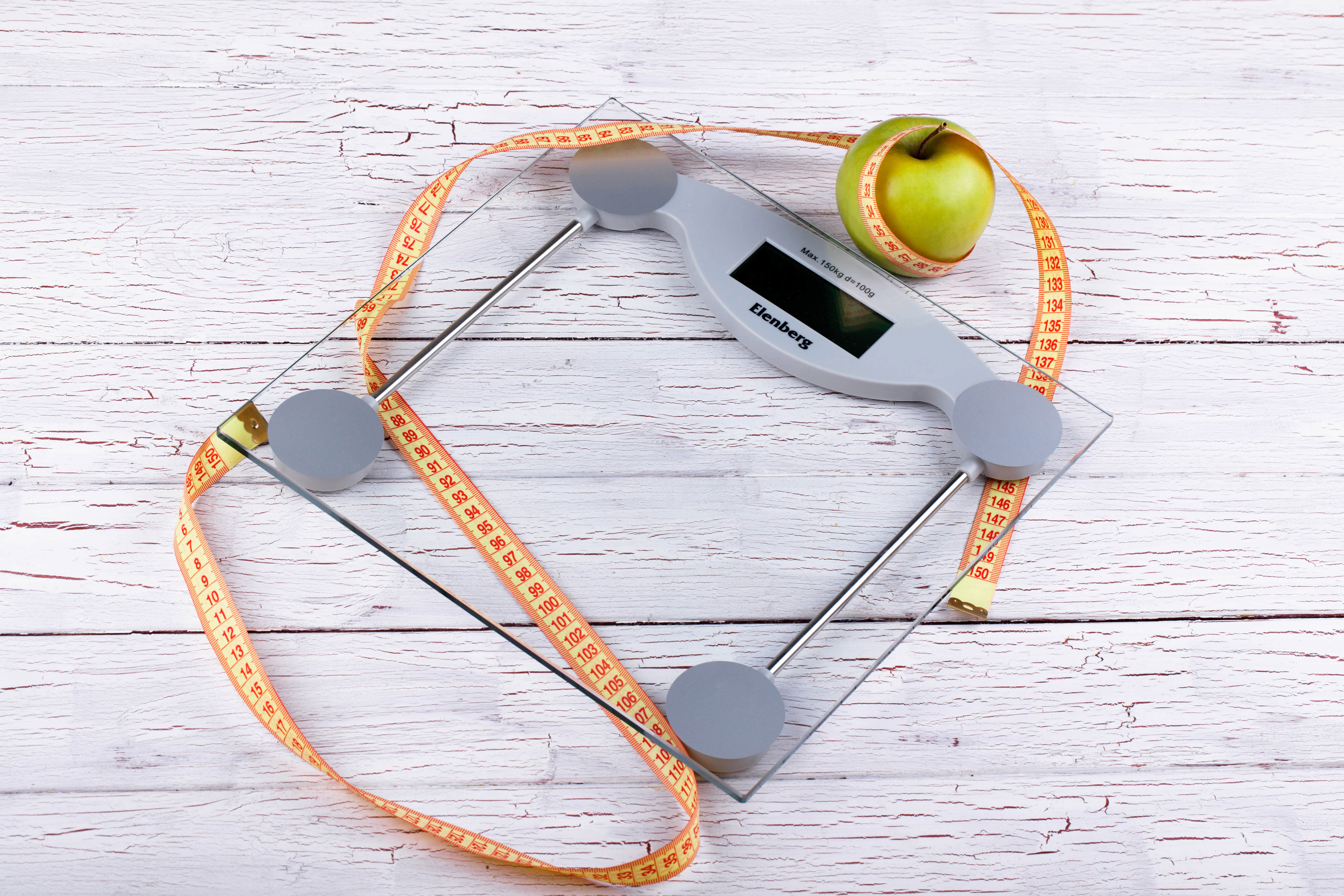
Is GLP1 a New Tool in the Fight Against Obesity
The UK government recently announced [1] a major trial investigating weight-loss drugs like GLP-1 agonists (e.g., tirzepatide) as part of the ongoing strategy to tackle rising obesity..

Why New Year's Resolutions often fail and how to Succeed
Did you know that a huge number of people (nearly 80%) give up on their New Year's resolutions by February?.
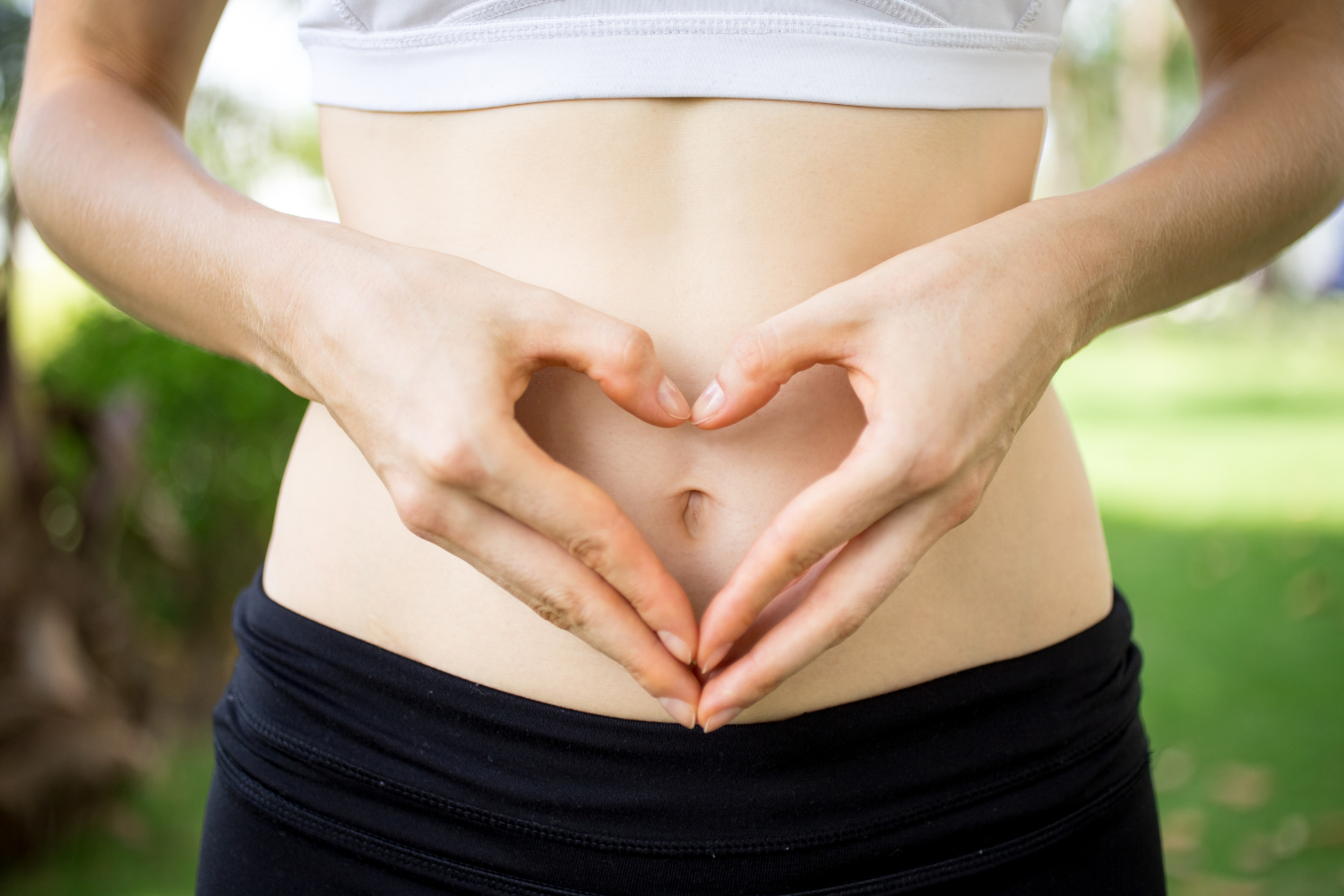
Gut Health The Game Changer for 2025
Gut health is fast becoming the wellness buzzword, and for good reason..

Understanding and Implementing Contrast Strength Training
Strength training has evolved into a science, and one method standing out in both athletic performance and general fitness is contrast strength training..

Turmeric: The Golden Spice of Health and Fitness
Turmeric, a vibrant yellow spice native to Southeast Asia, has gained global recognition not only for its culinary appeal but also for its impressive health and fitness benefits..
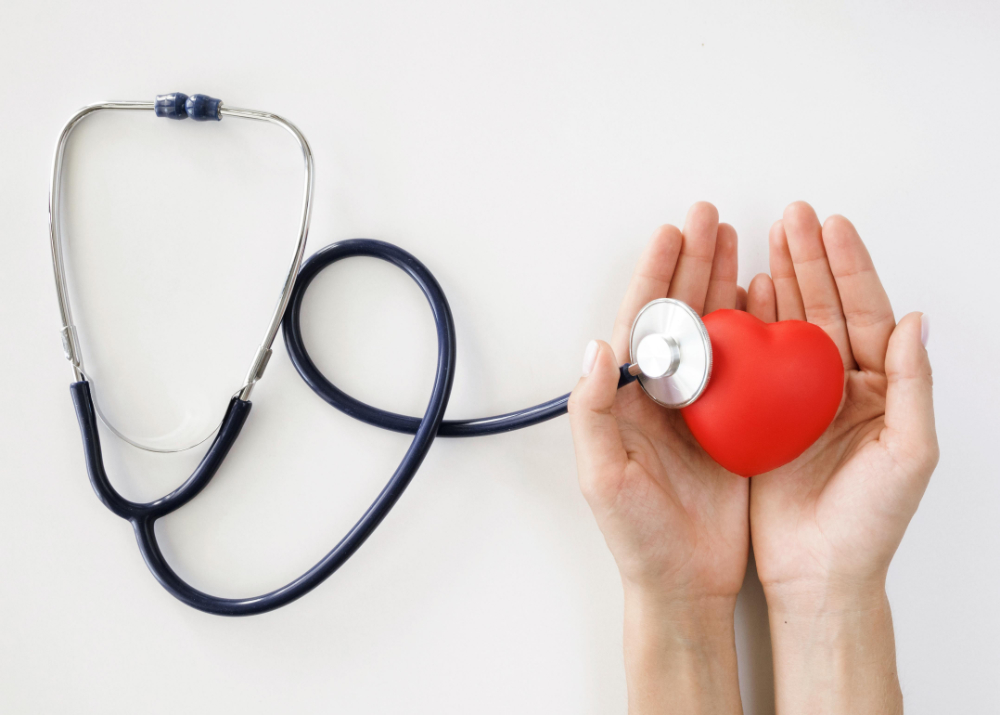
Sitting too much is harming your heart
Modern lifestyles have made prolonged sitting a daily norm, from long office hours to unwinding on the couch..
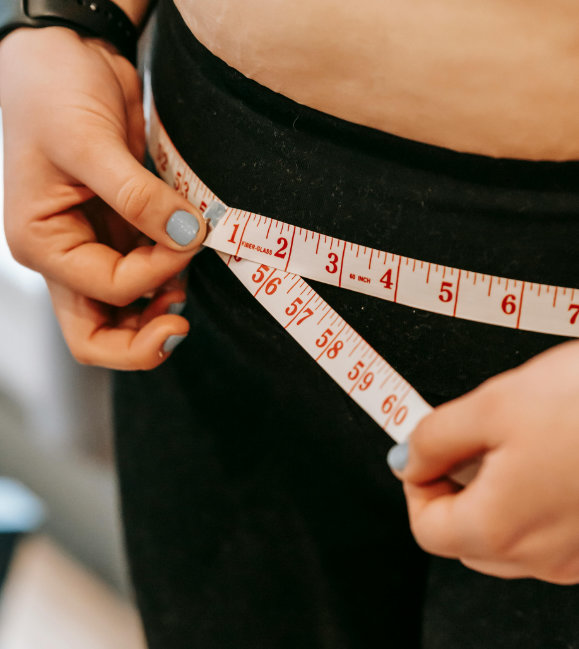
Why High Calorie Restriction Diets Don't Really Work
When people want to lose weight fast, the first instinct is often to drastically cut calories, believing that eating less will lead to quick fat loss..

Strength Training Builds a Foundation for Lifelong Health
As we age, maintaining our physical health becomes increasingly important, yet many people still believe that getting stronger is something reserved for younger years..
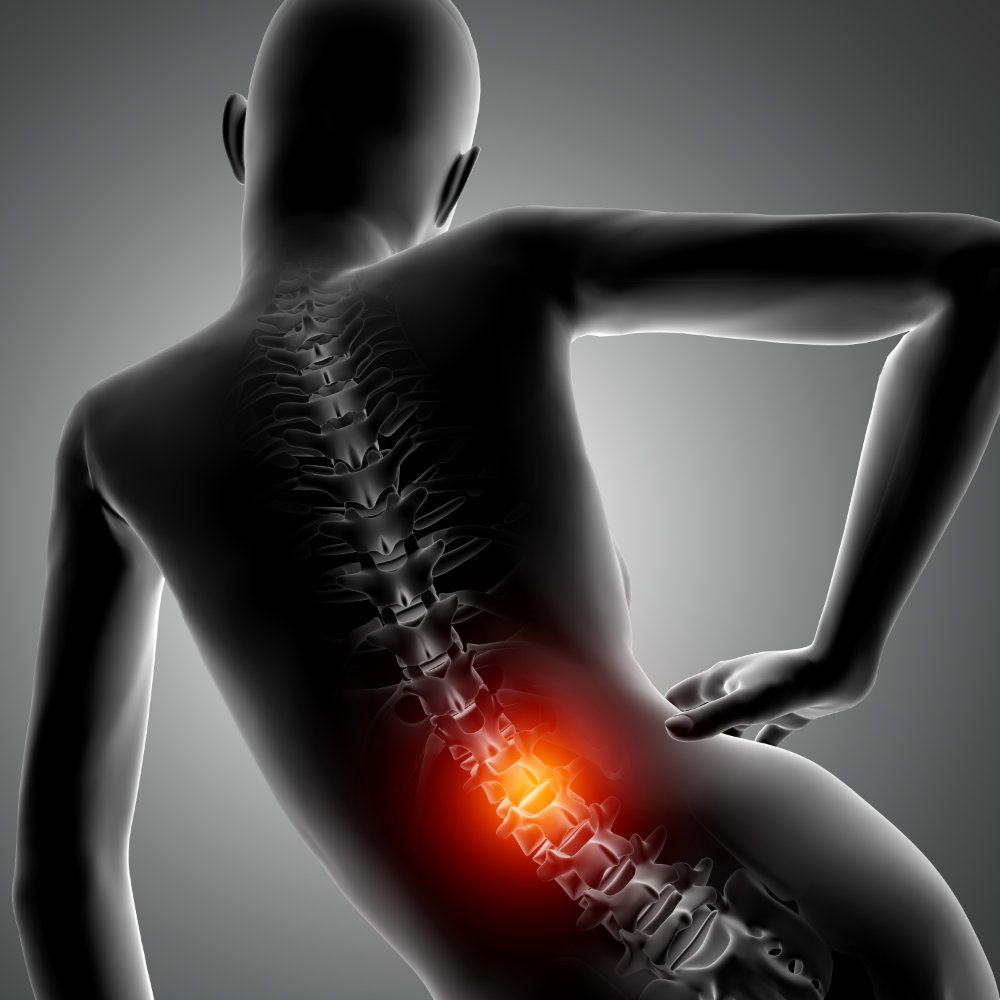
Top 10 benefits of Resistance Training has for treating the symptoms of lower back pain
Resistance training offers lots of benefits for treating the symptoms of lower back pain, making it an essential part of a pain reductions programme..

The Power of Protein: Why your body needs it
What exactly makes protein so essential, and how can you ensure you're getting the healthiest sources?.

Is a periodised training programme only beneficial for athletes
When it comes to achieving optimal fitness and performance, the concept of periodised training has long been a cornerstone in the world of athletics..

Can Exercise Reverse Type 2 Diabetes
Different forms of exercise, from aerobic activities to resistance training and HIIT, offer unique benefits in improving insulin sensitivity and overall health..

Is Exercise a Natural Antidote to Depression
Incorporating physical activity into your routine can contribute to a brighter, more resilient mental state..

Does Static Stretching Before Exercise Decrease Performance
Numerous scientific studies have shown that static stretching before exercise can actually have a negative impact on performance..
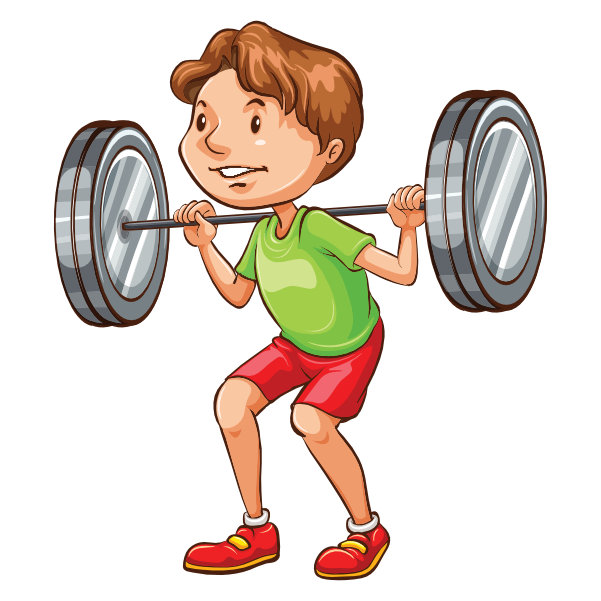
The Benefits of Resistance Training for Children
Resistance and weight training have long been associated with building muscle and improving strength in adults. However, there is a growing body of evidence suggesting that these forms of exercise can also be highly beneficial for children and adolescents..

Is Strength Training good for managing the Menopause
Menopause is a significant phase in a woman's life, marked by hormonal changes that can bring various physical and emotional challenges..
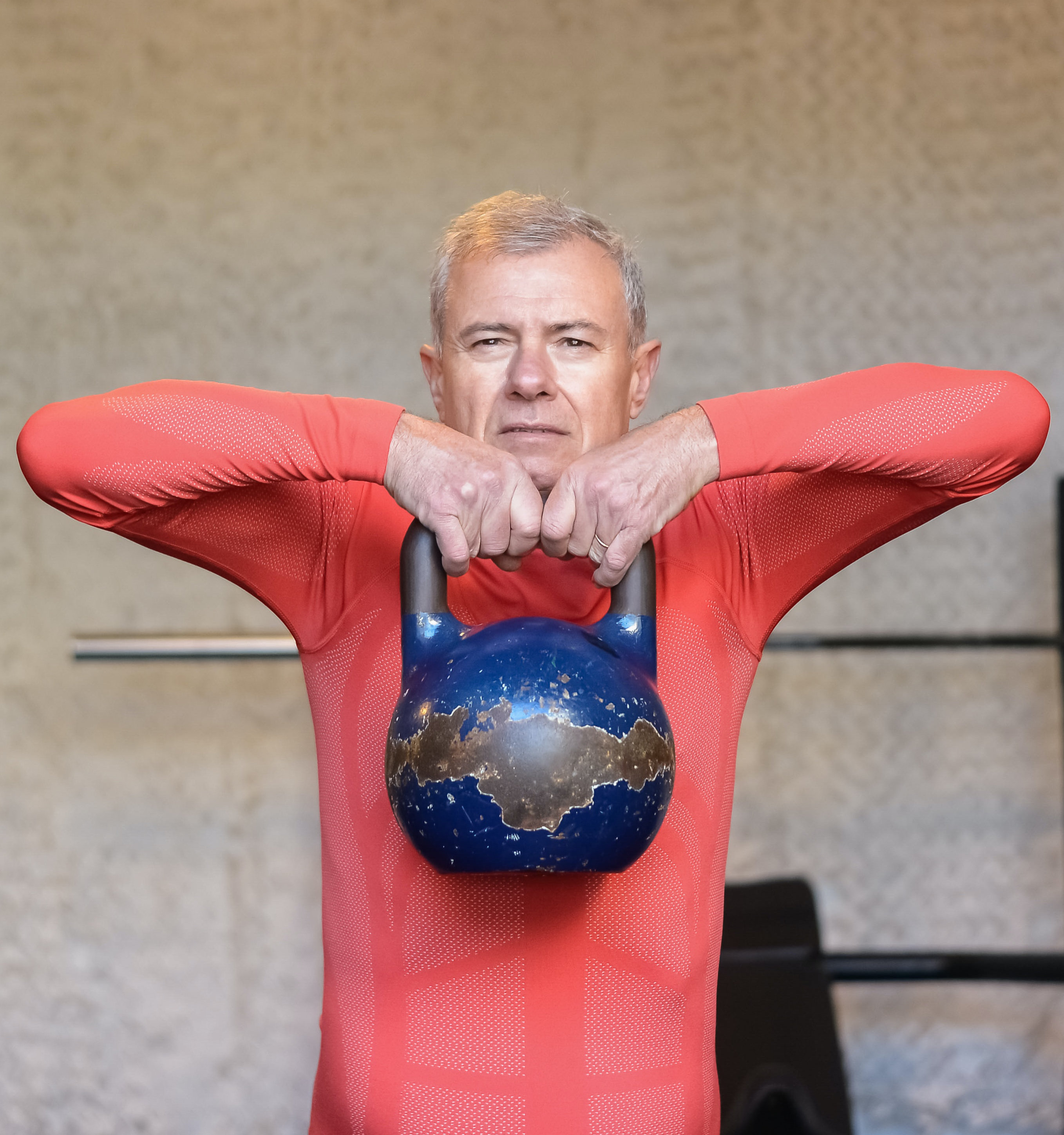
Is the Kettlebell the Ultimate Workout Tool
In the realm of fitness, the search for the ultimate workout tool is endless. When it comes to efficiency, versatility, and effectiveness, I think it could be the kettlebell..
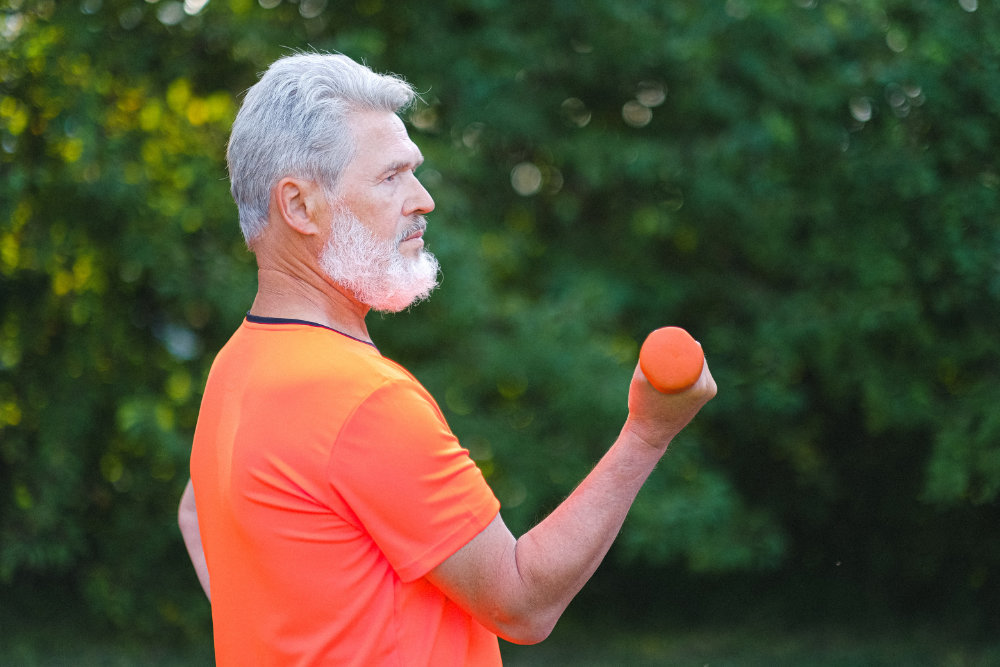
Use it or lose it as the old saying goes
As the years go by, it is commonly believed that our bodies inevitably lose muscle mass, bone density decreases, and overall strength declines. However, scientific evidence suggests otherwise..

Don't be a cave man....be active this autumn
The nights getting darker and temperature dropping signal a time for cozy evenings and warm comfort foods. With this change in season also comes a tendency to slow down, exercise less, and indulge in calorie-rich treats..

Hypertension and High Intensity Interval Training
If you’re currently suffering from hypertension or pre-hypertension then perhaps carrying out some form of High Intensity Interval Training (HIIT) might be able to help reduce it..